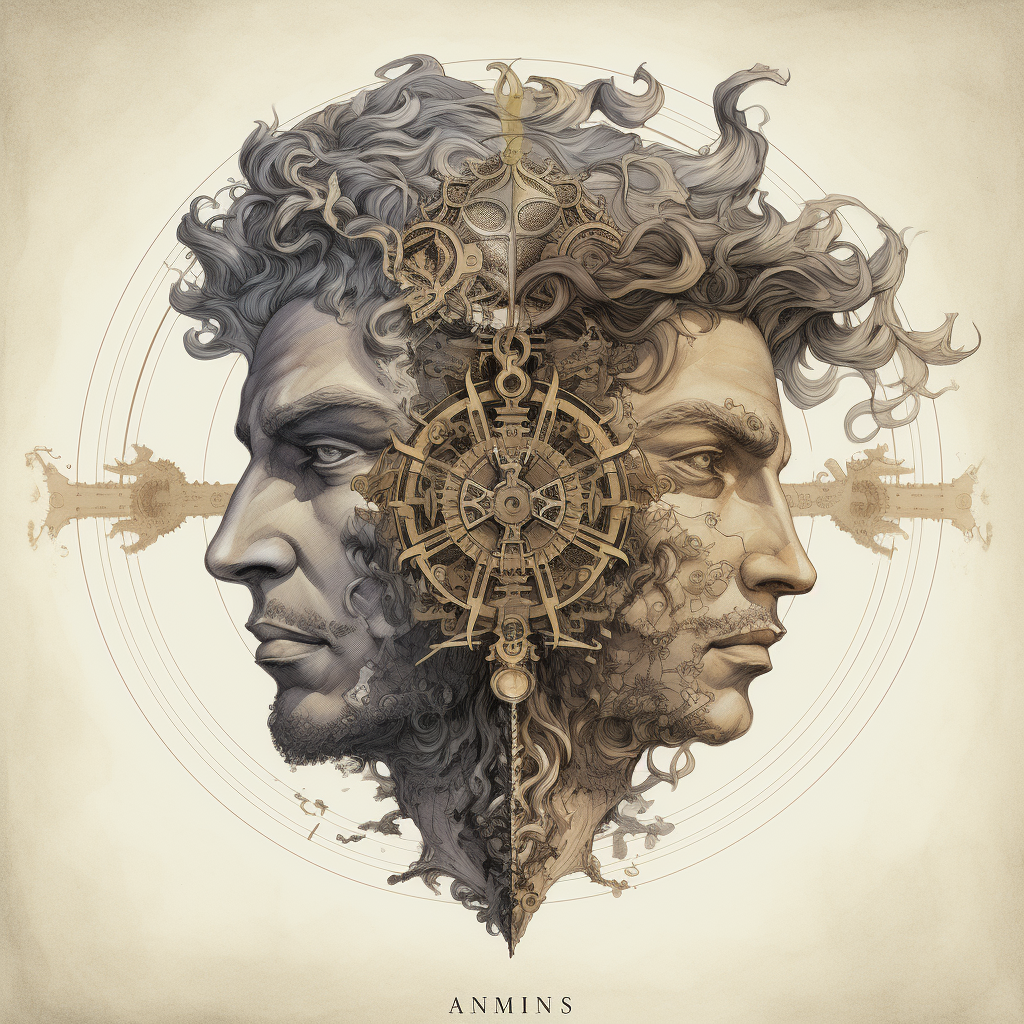Janus — 🚪 According to Wikipedia, in ancient Roman religion and myth, Janus (/ˈdʒeɪnəs/ JAY-nəs; Latin: Ianus [ˈi̯aːnʊs]) is the god of beginnings, gates, transitions, time, duality, doorways, passages, frames, and endings.
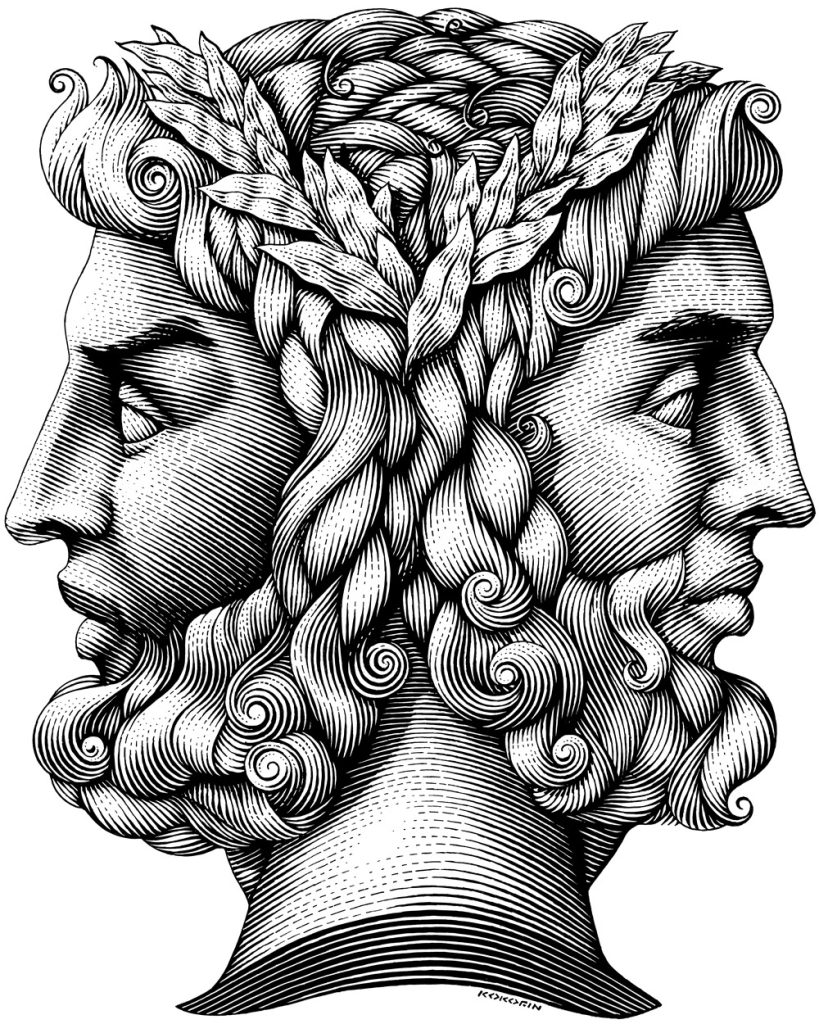
⚫⚪
The month of January is named for Janus / Ianus:
Ianuarius, — ever since King Numa Pompilius introduced names for the two months before Mars, in 700 BC.
Janus presided over the beginning and ending of conflict, and hence war and peace.
The gates of a building in Rome named after him (not a temple, as it is often called, but an open enclosure with gates at each end) were opened in time of war, and closed to mark the arrival of peace.
As a god of transitions, he had functions pertaining to birth, journeys and exchange, and in his association with Portunus, a similar harbor and gateway god, he was concerned with travelling, trading and shipping.
Janus had no flamen or specialised priest (sacerdos) assigned to him, but the King of the Sacred Rites — Rex Sacrorum— himself carried out his ceremonies.
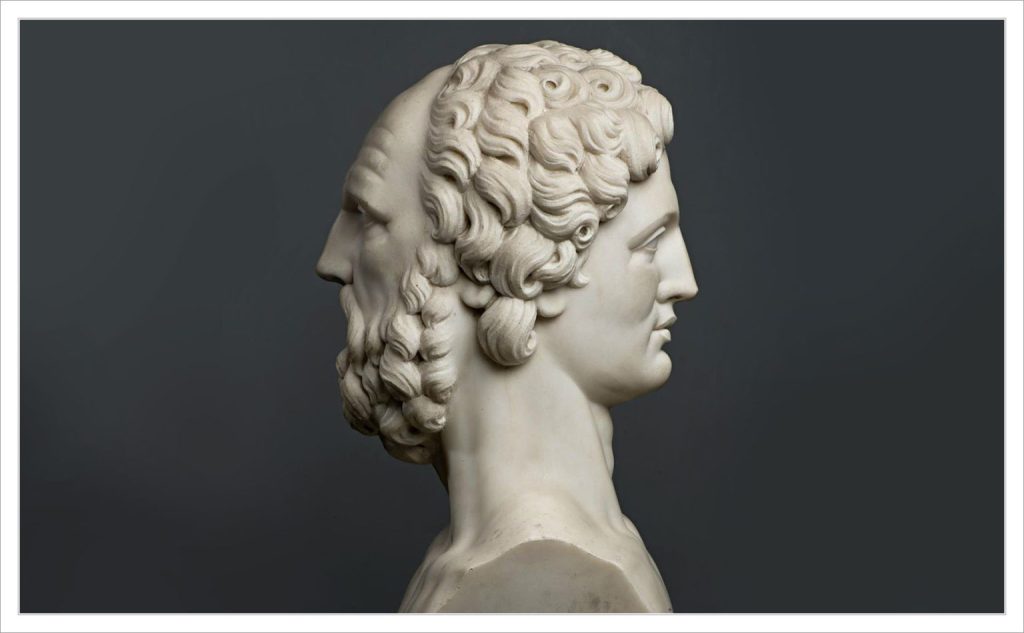
Janus had a ubiquitous presence in religious ceremonies throughout the year. As such, Janus was ritually invoked at the beginning of each ceremony, regardless of the main deity honored on any particular occasion.
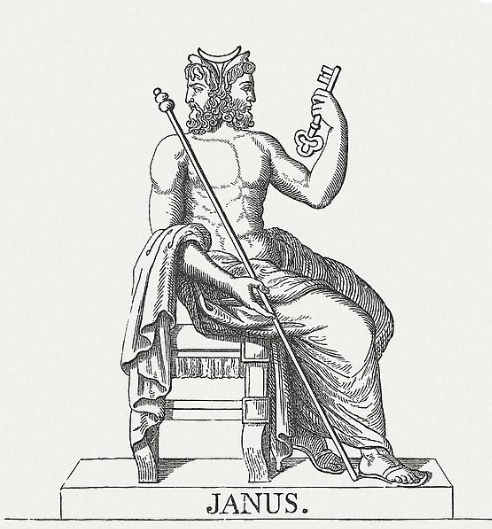
The ancient Greeks had no equivalent to Janus, whom the Romans claimed as distinctively their own.
His function as god of beginnings has been clearly expressed in numerous ancient sources, among them most notably Cicero, Ovid, and Varro. As a god of motion, Janus looks after passages, causes actions to start and presides over all beginnings. Since movement and change are interconnected, he has a double nature, symbolised in his two-headed image.
The connection of the notions of beginning (principium), movement, transition (eundo), and thence time was clearly expressed by Cicero. In general, Janus is at the origin of time as the guardian of the gates of Heaven: Jupiter himself can move forth and back because of Janus’s working.
In one of his temples, the hands of his statue were positioned to signify the number 355 (the number of days in a lunar year), later 365, symbolically expressing his mastership over time.
God of Change
Janus frequently symbolized change and transitions such as the progress of past to future, from one condition to another, from one vision to another, and young people’s growth to adulthood. He represented time because he could see into the past with one face and into the future with the other. Hence, Janus was worshipped at the beginnings of the harvest and planting times, as well as at marriages, deaths and other beginnings. He represented the middle ground between barbarism and civilization, rural and urban space, youth and adulthood. Having jurisdiction over beginnings Janus had an intrinsic association with omens and auspices.
Start Fresh, Stay Bold!
As we make our way through the month of Janus —January, with or without New Years Resolutions, one thing is clear. Every day is, or can be, a new beginning. The year, in itslef — the rotation of Earth around the Sun — does not really have a starting point without the stories that us humans create.
We marked some important moments of the Earth’s Journey on the Kosmo Kalindars. The solstices, the equinoxes, the beginning of the Gregorian Year. All phases of the Moon. So many chances for new beginnings, so many amazing cycles to partake!
-
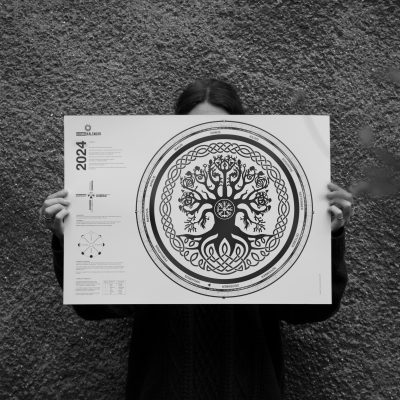 Kosmo Kalindar 2024 — The TREE of LIFEProduct on saleFrom:
Kosmo Kalindar 2024 — The TREE of LIFEProduct on saleFrom:€35,00€22,00 -
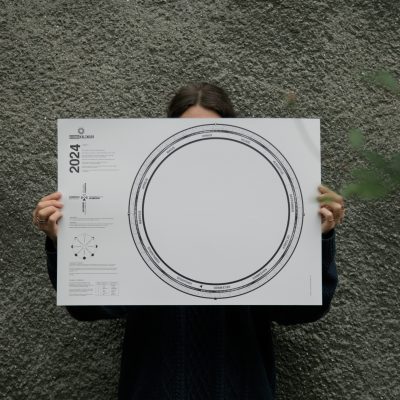 Kosmo Kalindar 2024 — CONNECTProduct on saleFrom:
Kosmo Kalindar 2024 — CONNECTProduct on saleFrom:€35,00€22,00 -
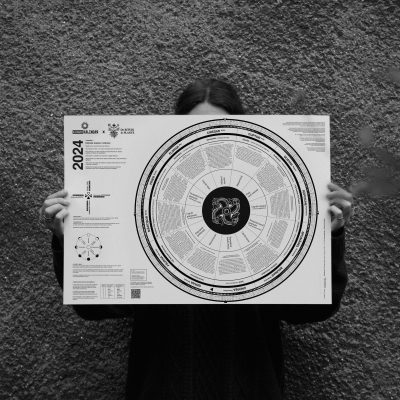 Kalindariu Kosmo 2024 — Calendar popular românescProduct on saleFrom:
Kalindariu Kosmo 2024 — Calendar popular românescProduct on saleFrom:€35,00€22,00
May Janus be in your favor, no matter what your New Chapter you are opening, and when.


